Fieldwork in Madagascar in time of COVID-19Vero Ramananjato shares her recent experience conducting fieldwork in Madagascar this year.
When it became possible to travel ... Everything appeared to be a rush suddenly, and I was completely losing grip after eight months of a somehow calm schedule. The crowd I was facing when I first went outside of my neighborhood terrorized me. It was because not only I had to maintain a safe distance from them, but mainly because I had to readjust my ears and my eyes to hear so much noise and see so many people. I have also become so easily worn out. Whenever I come back from permit preparation, shopping for fieldwork, or just a short meeting out of my house, I am so tired that I can’t focus on any other works for the day. And I soon realize that the daily physical exercises I did at home are nothing compared to the daily morning walk I used to do before and the long and exhausting hikes in the forest. Fieldwork has become a real challenge… I have never been very fit, but 8-month being confined at home have completely knocked me over. Walking 20km a day used to be a breeze, but it has become torture, even on a flat trail! Sometimes, I even have asthma attacks after a 20-min mountain hike or foggy walk, although I didn’t have any for more than five years. The entire field team also had a hard time when we got back to the field. In the forest, we have become easily breathless and always needed some time to recover before starting our daily tasks. We had to leave our campsite way earlier than before to hike slowly. I should have thought about getting in good shape before going back to the field! Thankfully, the team was very encouraging and supportive. They are cheering me like an athlete who just finished a run when I finally reach them, while they have already been taking a long break from the hike. Ordering materials for the field has also become a challenge. Before, I would go directly to the different stores to see and buy what we need. But now, since most of the shops in Madagascar changed the way they operate, I have to call the store, ask for all the details I need to know about particular items, and then order the items. It is so much stressing because sometimes they don’t know what I’m talking about. Sometimes, they would just hang up when I ask a lot of details. Finding the right field equipment is also even more challenging than before now. Usually, when I don’t find a research item in Madagascar, I can ask a friend/colleague abroad to buy it and bring it to Madagascar when they come for fieldwork. This has never been an issue before. But now, since there are barely any flights coming to Madagascar, which are often limited to selected groups of people, I can’t find anyone who would get me the materials I need for fieldwork. I had to borrow some from our colleagues and collaborating organizations, which was not always practical because everyone was going to the field simultaneously after such a long pause. This made me realize, though, how much the field research in Madagascar relies on external help, but at the same time made me think about finding ways to build what I need with what we have on the island. After fieldwork, when I get back to the city, everything just seems overwhelming. Facing the rush, the crowd and the busy schedule have become a little bit irritating and frustrating. In the field, I only think about nature, my tasks, and the team, that I always feel relaxed despite any stressful situations that may happen. Also, I can always find time for myself and my plans, I feel the warmth of being supported by others again, and I put things in perspective in the long term. But, once I’m back home in the city, everything is just so overwhelming, especially because I need to distance myself to protect my loved ones; and seeing some irresponsible people makes it even worse. It’s hard to get back to that serene state in the forest. And I so wish I was back in my tent again! Safety first?!?Despite the efforts of the field team to follow all the safety guidelines in place during fieldwork, we faced challenges when it comes to our own safety and the safety of the local communities. To work in some of our field sites, we have to camp in some villages and/or interact with villagers. However, because they are not well-aware of the pandemic situation, no one is wearing masks in the villages, and some of them even see us as threats when we wear masks. Widespread conspiracy and rumors have reached the remote villages, unfortunately. Most of them believe that Covid-19 is a pure invention despite several cases in Madagascar and even in their villages. They also think that even if it exists, it won’t reach them as they are remote and far away from the city where the disease is attacking. Thankfully, they are open to discussion and learn. As a scientist and educator, I felt compelled to educate my fellow Malagasy about what I know. And my team members did the same as well. They would ask us a lot of questions. What is Covid-19, how it spreads, how can you protect yourself and others, what to do if they suspect a case, what progress science has made to treat and limit the pandemic, etc. We’ve also discussed how aggressing or killing wild animals out of the fear of being infected is definitely not the way to go. It has become one of our duties to do so every time we arrive at a new village. I believe it is the role of all field researchers, even if they are not experts in the matter, to educate the local communities about this pandemic and any other diseases and show them the best practices. Such remote locations don’t always have access to up-to-date information and often are vulnerable to conspiracy and fear-mongering rumors.
Text by Vero Ramananjato. Pictures courtesy of Hasina Rakotoarisoa, Vero Ramananjato & Finaritra Randimbiarison
|
We're using this space to share updates on our adventures in the field. Archives
May 2024
Categories
All
|
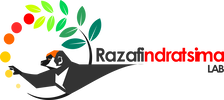
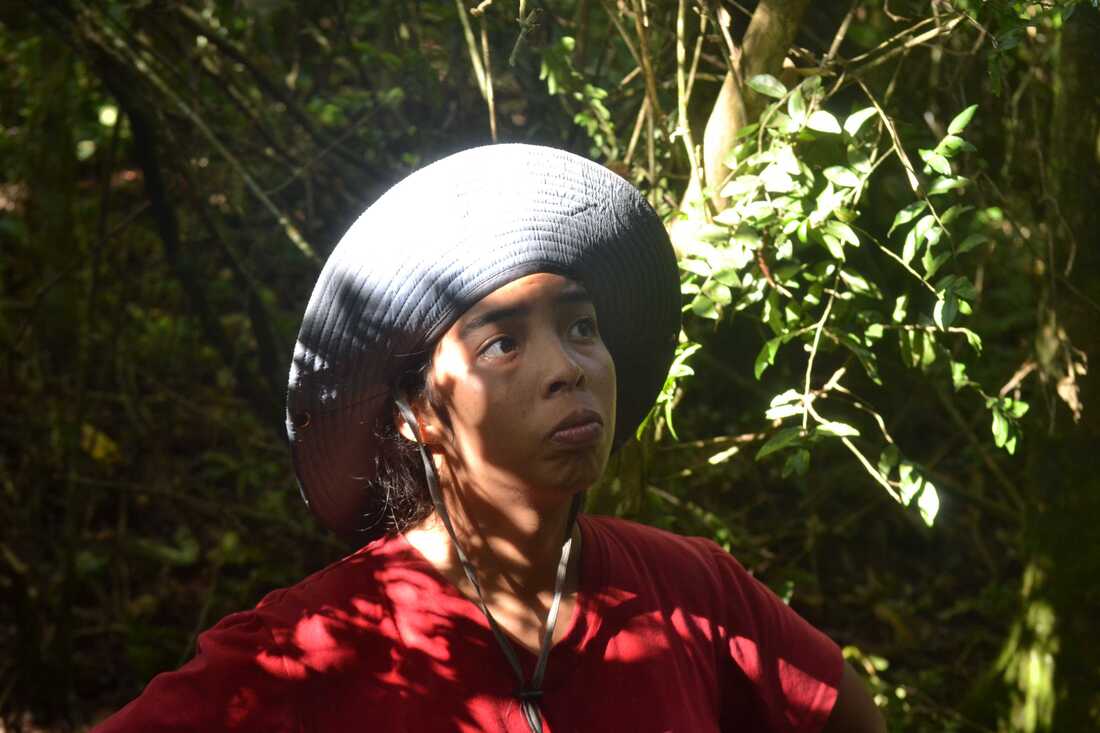
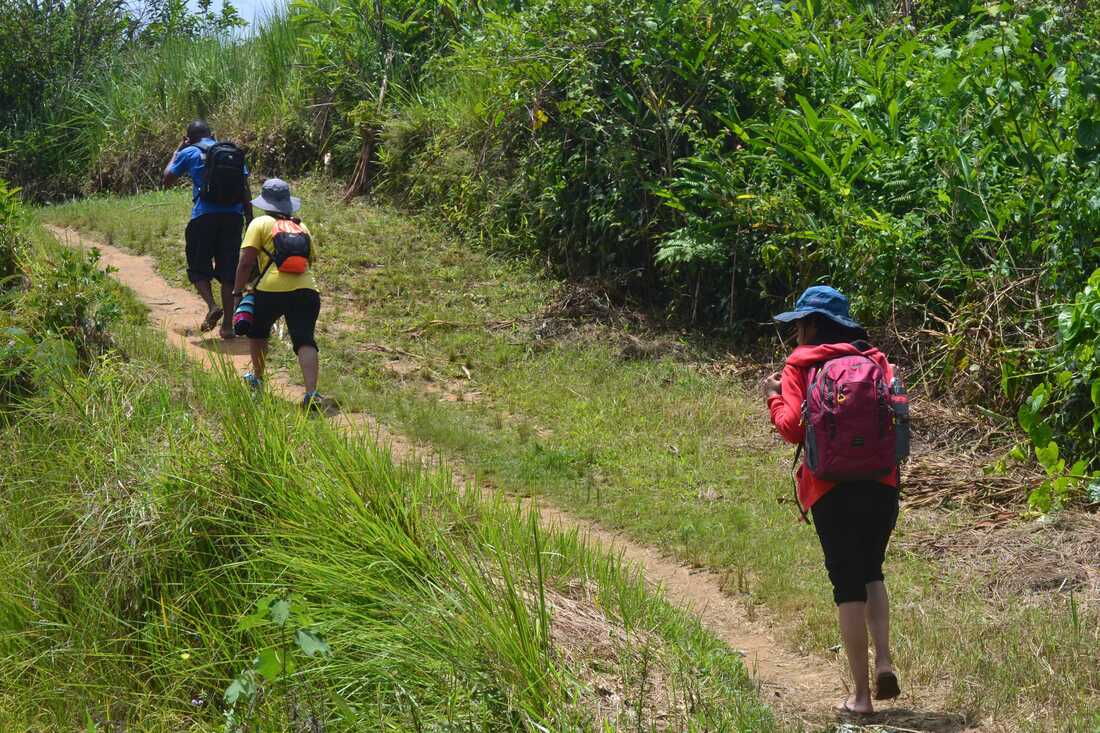
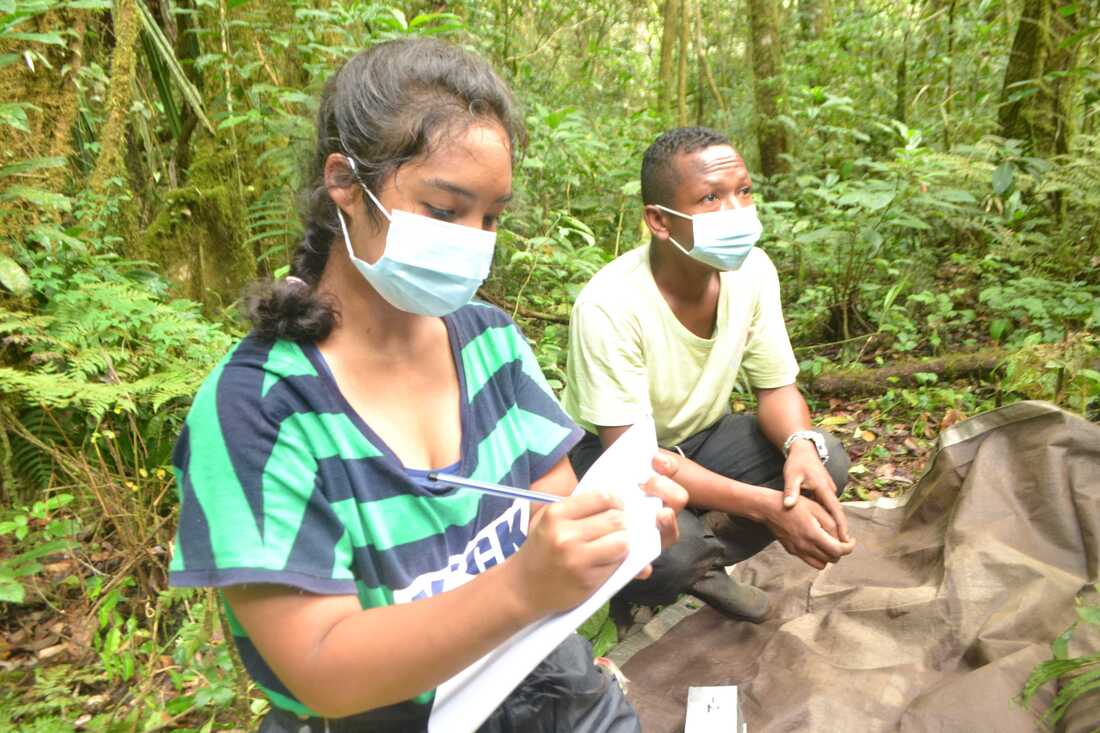
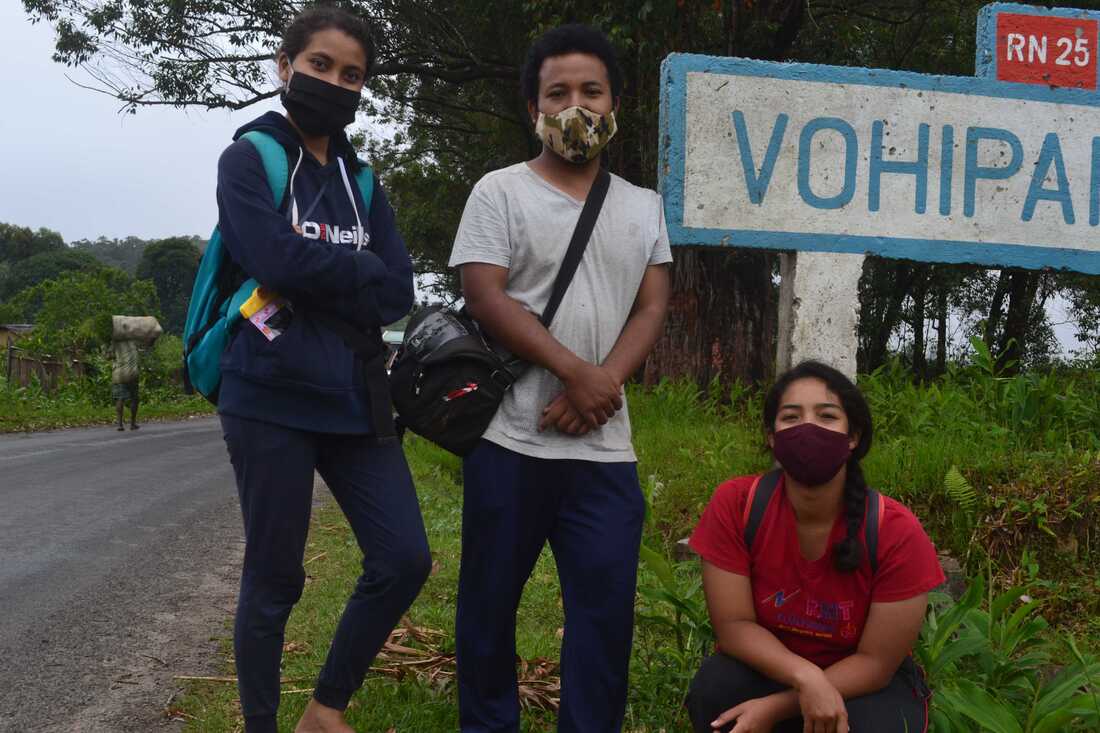
 RSS Feed
RSS Feed
